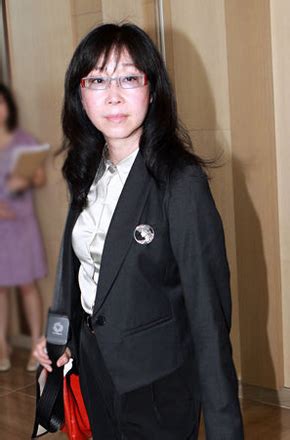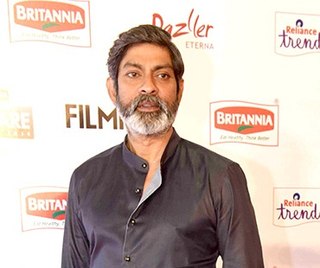A Quote by Aishwarya R. Dhanush
Whenever one sees a director at work, anyone would hesitate to disturb him or her on the sets.
Related Quotes
Sometimes a woman's love of being loved gets the better of her conscience, and though she is agonized at the thought of treating a man cruelly, she encourages him to love her while she doesn't love him at all. Then, when she sees him suffering, her remorse sets in, and she does what she can to repair the wrong.
Whenever you take a step forward, you are bound to disturb something. You disturb the air as you go forward, you disturb the dust, the ground. You trample upon things. When a whole society moves forward, this trampling is on a much bigger scale; and each thing that you disturb, each vested interest which you want to remove, stands as an obstacle.
I think there's an element in Milady where she sees her own innocence in D'Artagnan. In the very beginning, she's using him in a pretty cynical way. When she gets to know him, she sees qualities in him that she recognizes and it's almost like trying to remake the past, but of course, it doesn't work.
Each home has been reduced to the bare essentials -- to barer essentials than most primitive people would consider possible. Only one woman's hands to feed the baby, answer the telephone, turn off the gas under the pot that is boiling over, soothe the older child who has broken a toy, and open both doors at once. She is a nutritionist, a child psychologist, an engineer, a production manager, an expert buyer, all in one. Her husband sees her as free to plan her own time, and envies her; she sees him as having regular hours and envies him.
The good enough mother, owing to her deep empathy with her infant, reflects in her face his feelings; this is why he sees himselfin her face as if in a mirror and finds himself as he sees himself in her. The not good enough mother fails to reflect the infant's feelings in her face because she is too preoccupied with her own concerns, such as her worries over whether she is doing right by her child, her anxiety that she might fail him.






































